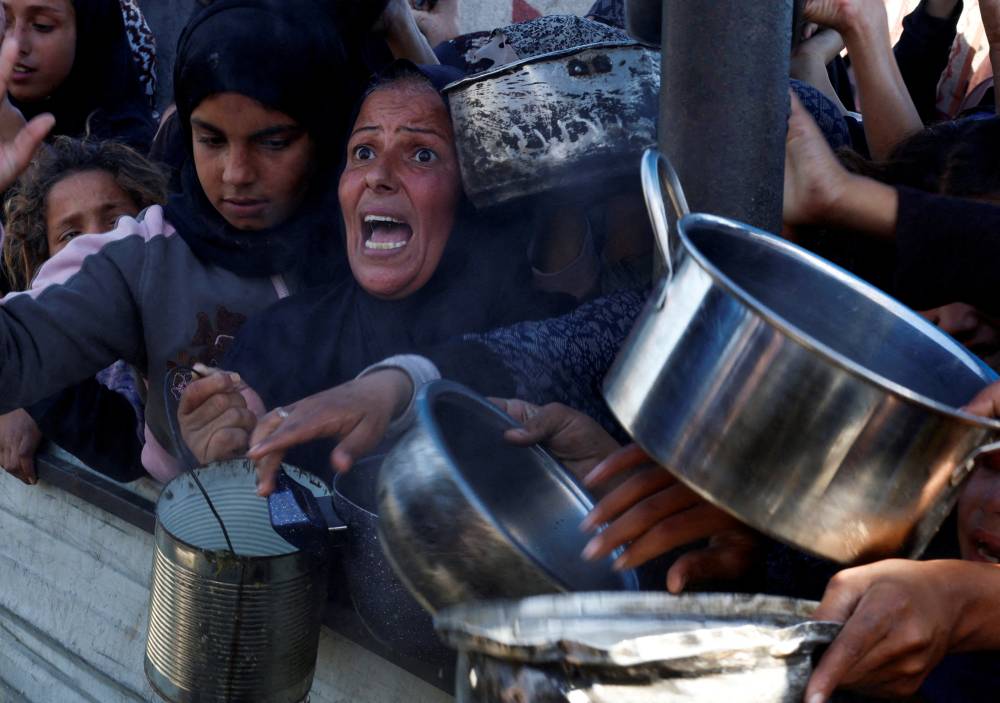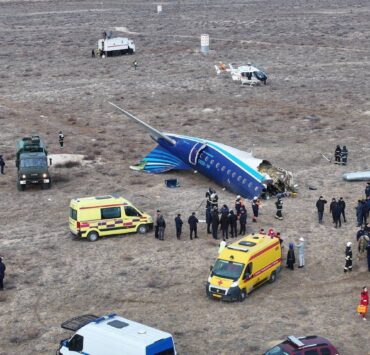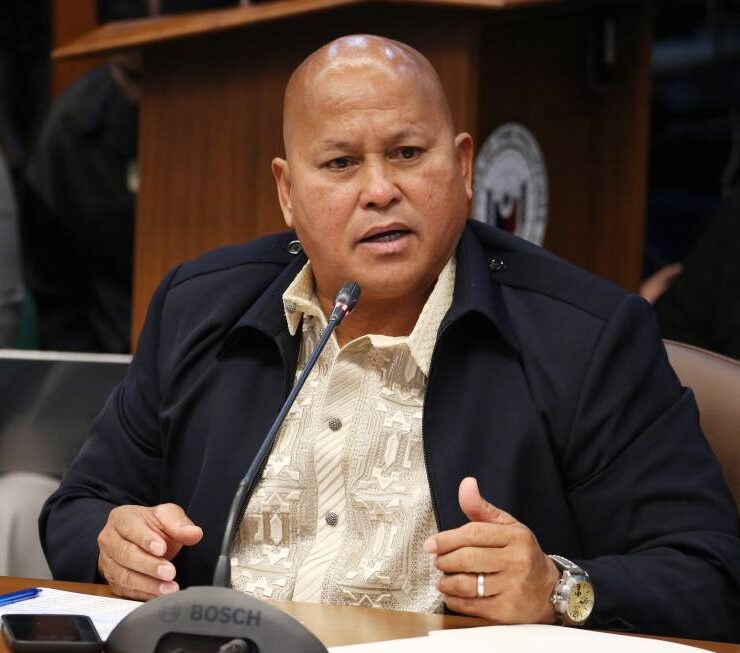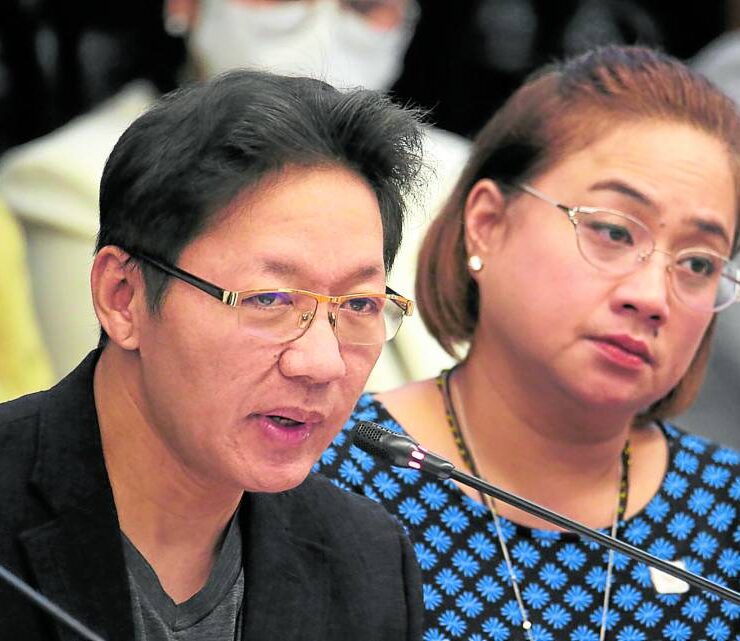Global hunger crisis deepens as nations skimp on aid

It’s a simple but brutal equation: The number of people going hungry or otherwise struggling around the world is rising, while the amount of money the world’s wealthiest nations are contributing toward helping them is dropping.
The result: The United Nations says that, at best, it will be able to raise enough money to help about 60 percent of the 307 million people it predicts will need humanitarian aid next year.
That means at least 117 million people won’t get food or other assistance in 2025.
The UN also will end 2024 having raised about 46 percent of the $49.6 billion it sought for humanitarian aid across the globe, its own data shows. It’s the second year in a row the world body has raised less than half of what it sought.
The shortfall has forced humanitarian agencies to make agonizing decisions, such as slashing rations for the hungry and cutting the number of people eligible for aid.
The consequences are being felt in places like Syria, where the World Food Program (WFP), the UN’s main food distributor, used to feed 6 million people.
Eyeing its projections for aid donations earlier this year, the WFP cut the number it hoped to help there to about 1 million people, said Rania Dagash-Kamara, the organization’s assistant executive director for partnerships and resource mobilization.
Dagash-Kamara visited the WFP’s Syria staff in March.
“Their line was, ‘We are at this point taking from the hungry to feed the starving,’” she said in an interview.
UN officials see few reasons for optimism at a time of widespread conflict, political unrest and extreme weather, all factors that stoke famine. “We have been forced to scale back appeals to those in most dire need,” Tom Fletcher, UN undersecretary-general for humanitarian affairs and emergency relief coordinator, told Reuters.
Financial pressures
Financial pressures and shifting domestic politics are reshaping some wealthy nations’ decisions about where and how much to give.
One of the UN’s largest donors—Germany—already shaved $500 million in funding from 2023 to 2024 as part of general belt tightening.
Humanitarian organizations also are watching to see what US President-elect Donald Trump proposes after he begins his second term in January.
Trump advisers have not said how he will approach humanitarian aid, but he sought to slash US funding in his first term.
Reuters, the news and media division of Thomson Reuters, is the world’s largest multimedia news provider, reaching billions of people worldwide every day. Reuters provides business, financial, national and international news to professionals via desktop terminals, the world's media organizations, industry events and directly to consumers.





















